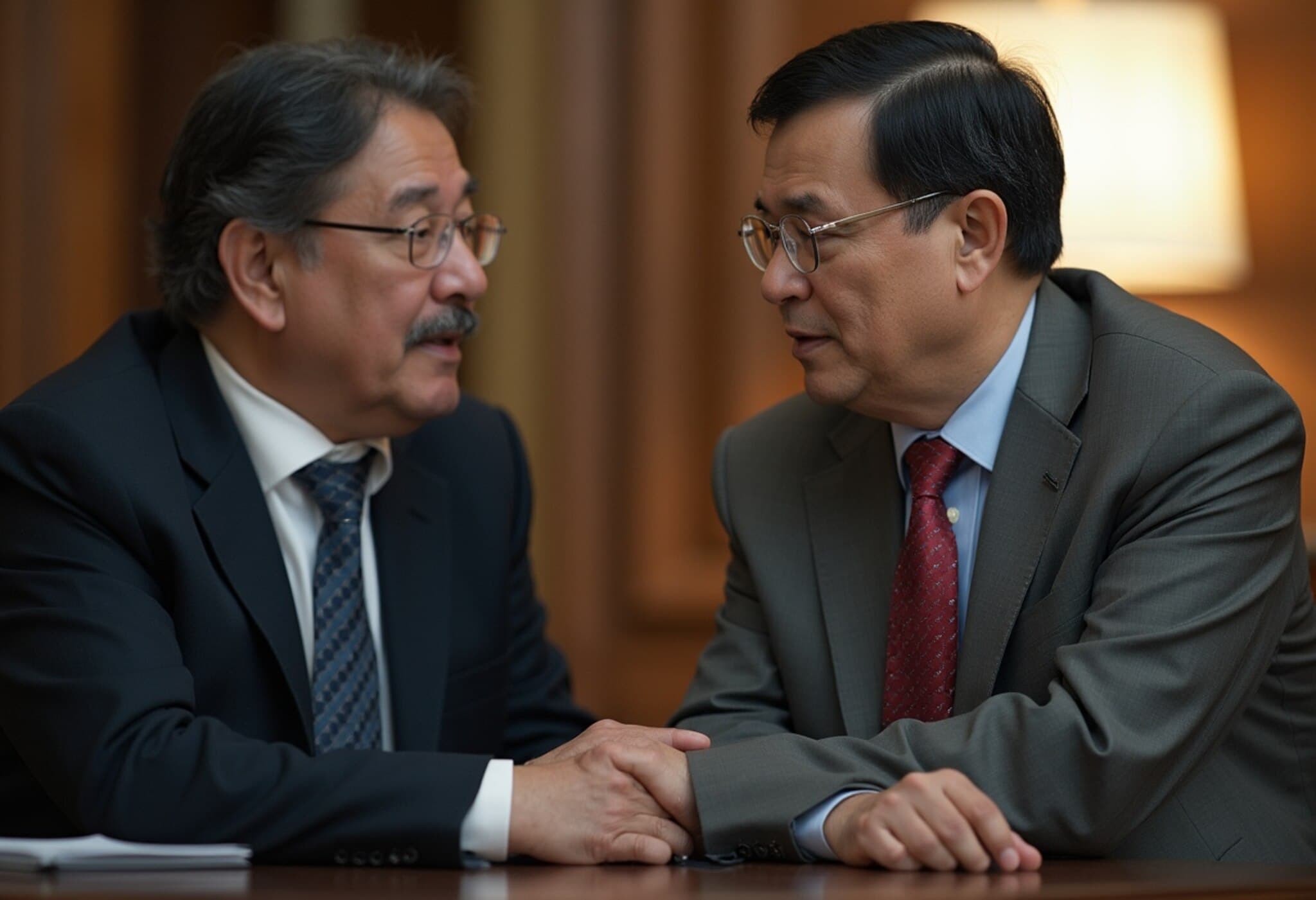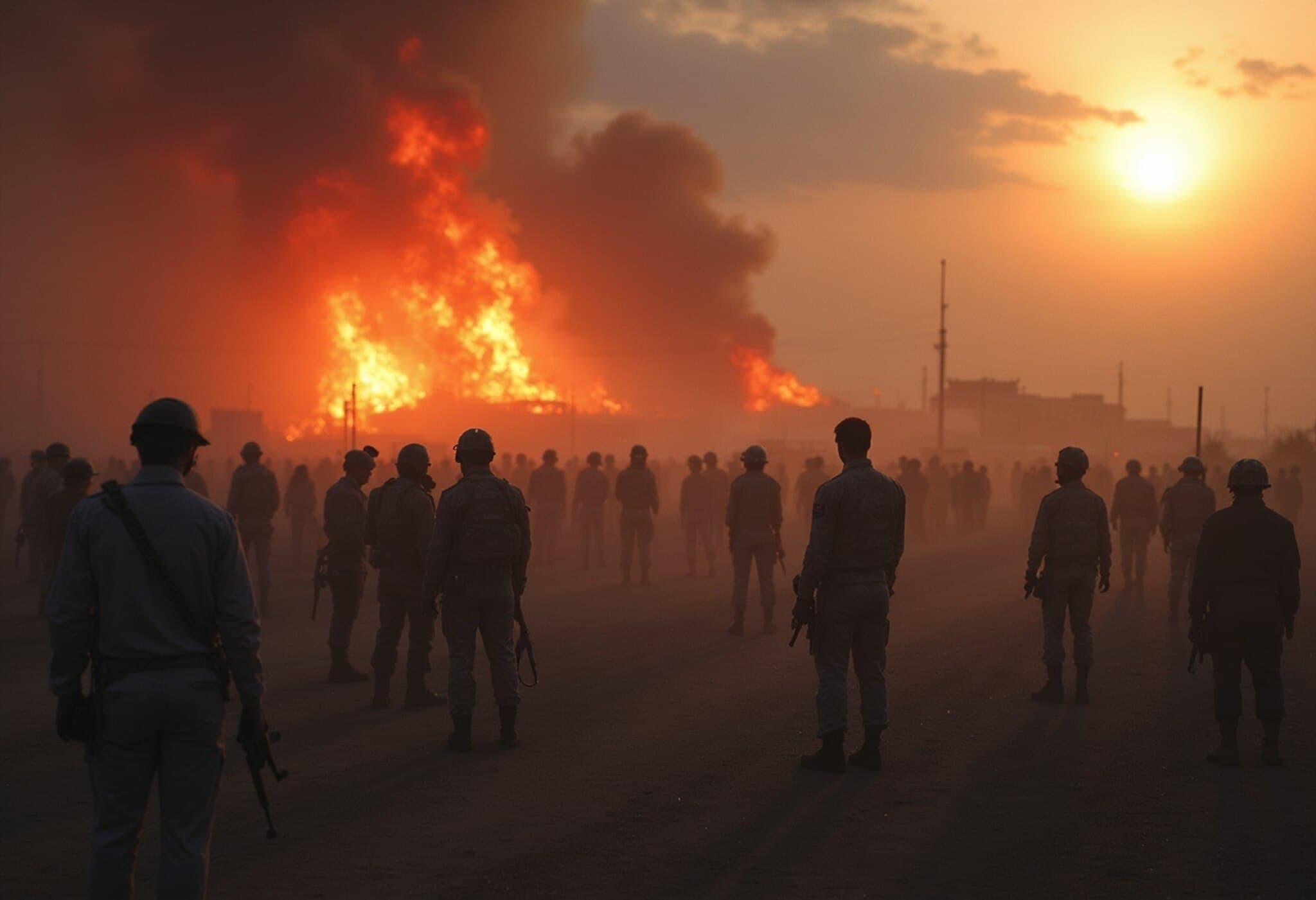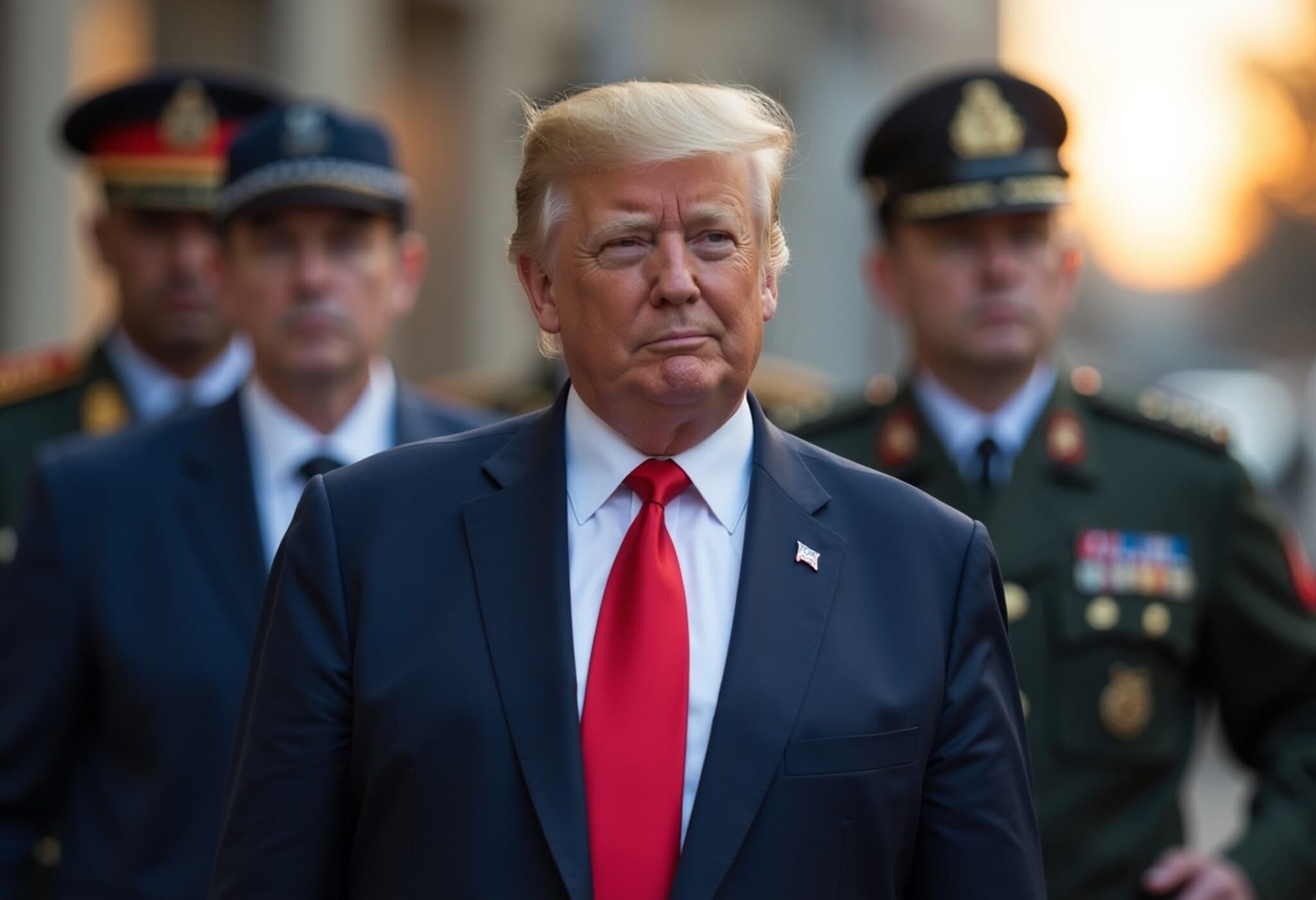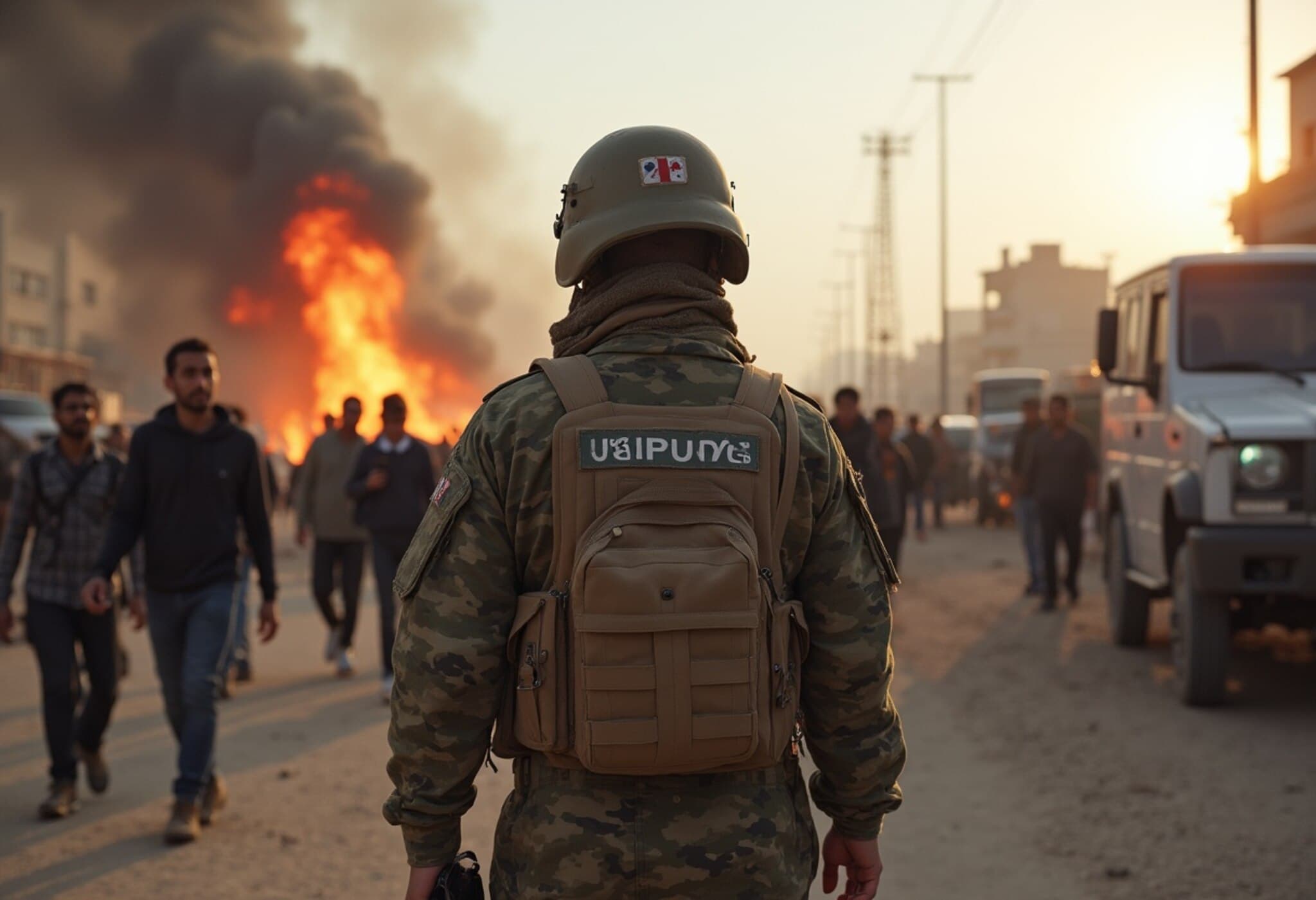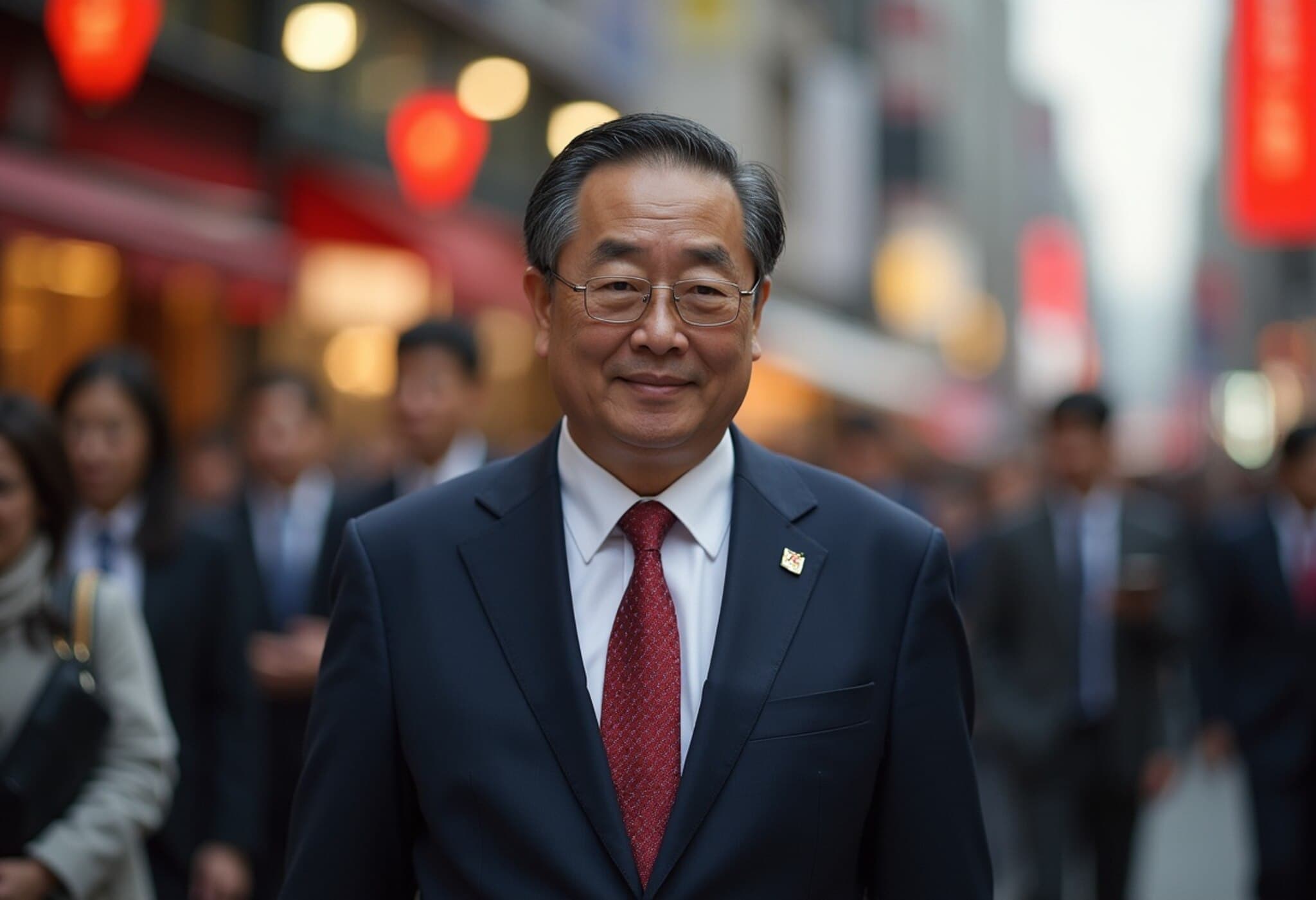Luxury UK Properties Targeted in Bangladesh’s Anti-Corruption Crackdown
As Bangladesh navigates fragile political currents and economic challenges nearly a year after the ouster of Sheikh Hasina’s regime, a striking saga of alleged corruption and money laundering unfolds far from Dhaka—amidst the leafy avenues of London and Surrey. A groundbreaking joint investigation by The Guardian and Transparency International has spotlighted a shadowy network connecting Bangladesh’s former government officials and influential business families with luxury property acquisitions in the United Kingdom, raising profound questions about how global real estate markets can shield illicit wealth.
UK’s National Crime Agency Freezes £260 Million in Assets Linked to Bangladeshi Elites
In a rare display of international law enforcement collaboration, the UK’s National Crime Agency (NCA) has taken decisive action to freeze assets exceeding £260 million tied to prominent figures from Bangladesh’s previous administration. Among those targeted are the Rahman family—powerful business magnates already under scrutiny—and Saifuzzaman Chowdhury, the former land minister, whose UK property portfolio astonishingly spans over 300 homes, from modest flats to opulent townhouses in elite neighborhoods like Knightsbridge.
Ahsan Mansur, governor of Bangladesh’s central bank and leader of asset recovery missions, expressed cautious optimism: “Measures to block transactions give us hope of following due process to repatriate assets.” He has urged British authorities to expand these freezing orders, warning that suspects are actively seeking to liquidate or transfer their holdings. His counterpart at Bangladesh’s Anti-Corruption Commission, Mohammad Abdul Momen, mirrored this call, underscoring the urgency to clamp down on further suspicious transactions.
Properties Changing Hands Amid Political Upheaval
Alarmingly, the investigation uncovered at least 20 recent applications with the UK Land Registry for property transactions—including sales, ownership transfers, and mortgage refinances—linked to those under investigation back in Bangladesh. These moves suggest attempts to obscure ownership or cash out assets before potential seizures.
- The Sobhan family, owners of the sprawling Bashundhara conglomerate, transferred a prime four-storey Knightsbridge townhouse twice within a short time frame without any clear financial exchange. The property eventually landed in the hands of a UK shell company linked to an obscure accountant connected to multiple high-value assets.
- Shafiat Sobhan’s Surrey mansion, valued at £8 million, was also among the properties involved in recent tempting transactions.
- Anisuzzaman Chowdhury, brother of Saifuzzaman, sold a £10 million Georgian townhouse near Regent’s Park and refinanced others, though his legal team emphasized these were pre-political crisis arrangements with no grounds for asset freezes.
The Next Generation Under the Microscope
Meanwhile, scrutiny has shifted onto the younger generation of the Rahman dynasty. Ahmed Shayan Rahman and Ahmed Shahryar Rahman, sons and nephews of Salman F Rahman, head of the prominent Beximco Group, are tied to a London portfolio including a £35 million Mayfair apartment, all now frozen by the NCA. Their legal representatives describe the allegations as politically motivated but confirm cooperation with UK authorities.
UK’s Financial Sector: A Complicit Player?
Beyond the individuals, this scandal casts a spotlight on the UK’s financial and legal ecosystem, often criticized for enabling ‘opaque’ property deals that allow potentially corrupt money to flow unchecked. Transparency International has named multiple law firms and consultancies, such as Jaswal Johnston and Merali Beedle, involved in facilitating transactions linked to these investigations. While some firms claim strict due diligence, others declined to comment, raising concerns about systemic vulnerabilities.
“Professional services firms need to exercise extreme caution when handling transactions for clients under investigation to prevent illicit funds disappearing into the international financial system,” said a Transparency International spokesperson.
Joe Powell, Labour MP and chair of the parliamentary group on corruption and tax justice, emphasized the stakes: “Assets can vanish quickly if not frozen promptly as investigations unfold.”
Expert Takeaway: Why This Matters Beyond Borders
This emerging case underscores the global challenge of recovering illicit assets in an increasingly interconnected economic landscape. Political upheaval in one nation often triggers ripple effects through international markets, with luxury real estate becoming a favored vehicle for hiding wealth. For policymakers, the Bangladesh-UK property saga highlights not only the need for vigorous cross-border cooperation but also reforms within domestic legal systems to enhance transparency.
For the average citizen, the narrative raises poignant questions about accountability and governance—reminding us that corruption’s reach extends far beyond local contexts. Addressing such shadow economies requires sustained vigilance, informed public debate, and robust institutional frameworks empowered to act decisively.
Editor’s Note
As investigations deepen into the labyrinth of international property deals linked to Bangladesh’s elite, we are reminded of the crucial intersection between global finance, political power, and justice. The story invites reflection on how wealthy individuals navigate legal loopholes, challenging governments worldwide to stem illicit financial flows effectively. Readers are encouraged to consider the broader implications—how might enhancing transparency in global real estate benefit not only nations under scrutiny but also the integrity of democratic institutions globally?

